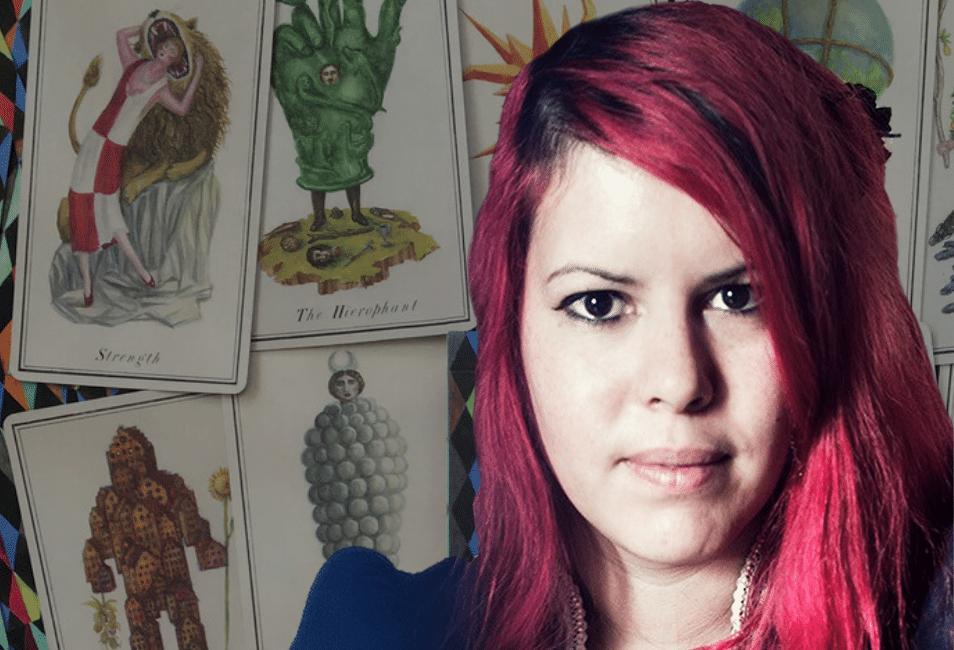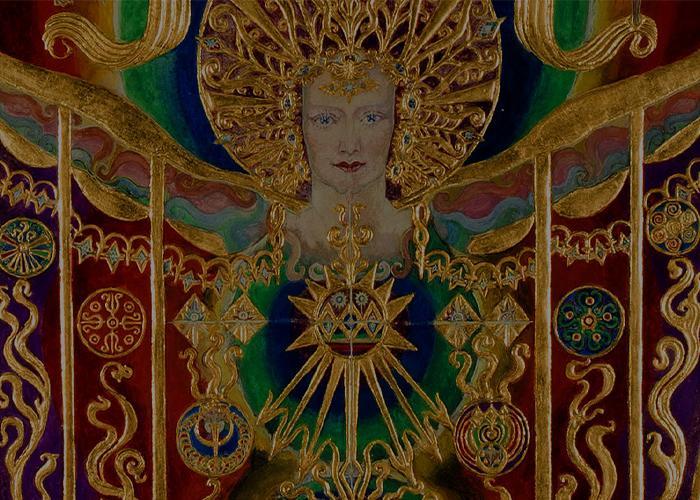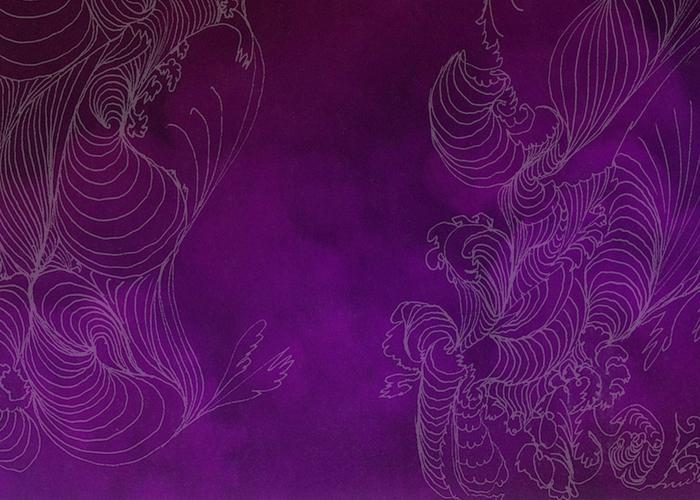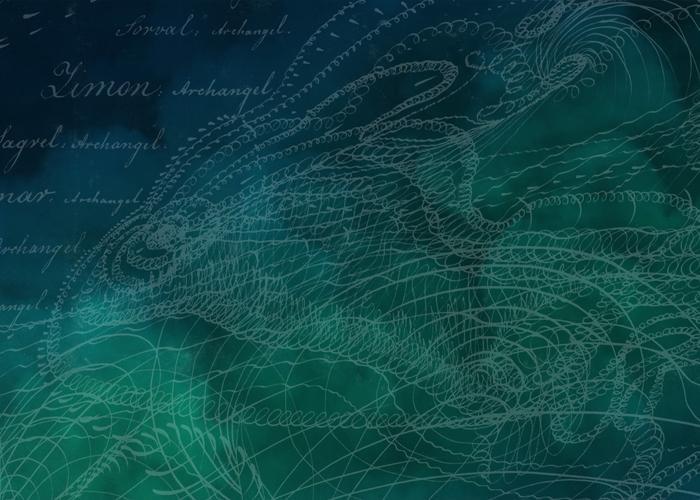The Taro as Colour by Ithell Colquhoun (1906-1988) is an exquisite rose-perfumed collector's deck, presented in a pearlescent box... and it's selling out fast. These cards are understandably coveted by tarot enthusiasts the world over. Their publisher? Fulgur Press' Robert Shehu-Ansell, who shared his insights on this same deck at our 2022 Tarot Weekend. Here, Robert reveals his enduring fascination with Tarot.
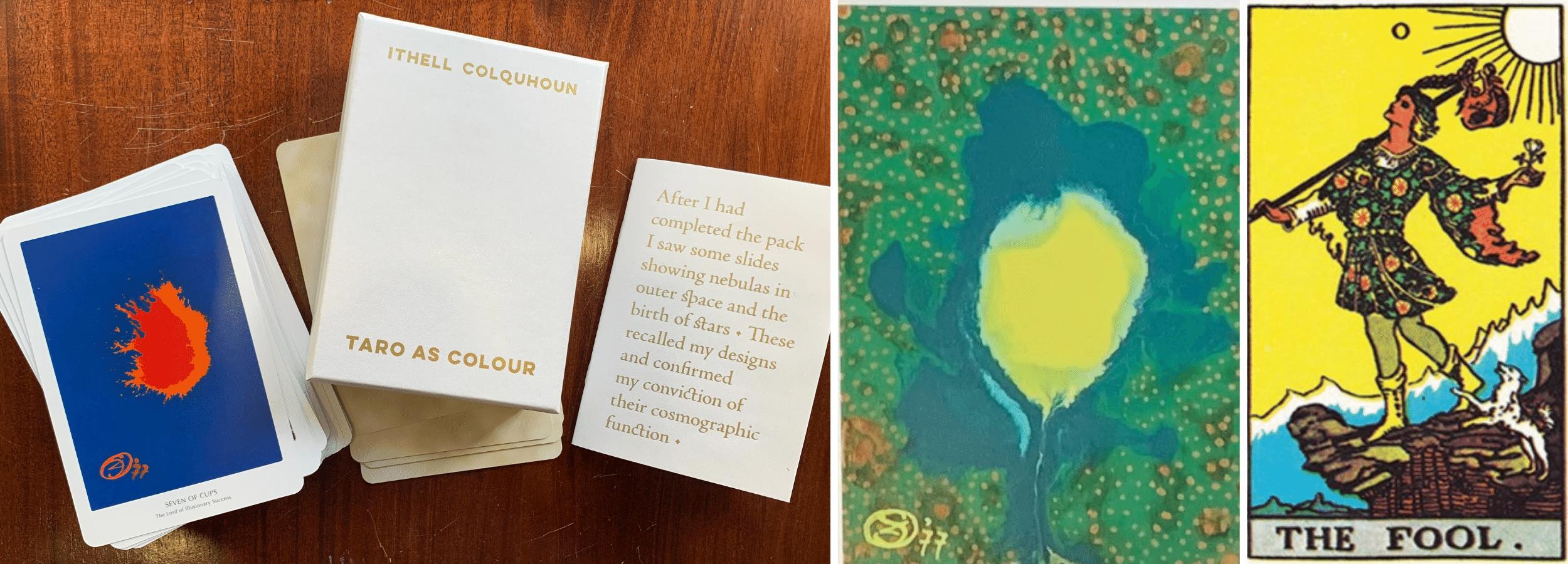
What first sparked your interest in the tarot?
"It was Live and Let Die, around 1973. My father was keen on the Bond films, but I recall that I was more interested in the vodou and tarot cards than anything that happened to Roger Moore. When we left the cinema, that sense of touching the unknown stayed with me."
When did you get your first deck?
"It was around 1982, when I was seventeen. We were living in Devon at that time and Tiverton had a Saturday Pannier market. Amid all the food, clothes, and bric-a-brac, I made friends with a local bookseller who specialised in esotericism, by then, my principal interest. He sold me a copy of Arthur Edward Waite's Tarot of the Bohemians… a modern paperback, of course, but it fascinated me. Not long after, on a day trip to London, I visited Mysteries, then just opened. I remember taking ages to decide what to buy, as I had limited funds and it was a choice between the smallest version of Smith-Waite and incense sticks, or the larger, glossier, Tarot of the Witches. I went with Smith-Waite, but the 'James Bond' tarot kept pulling me and was acquired within a year or so."
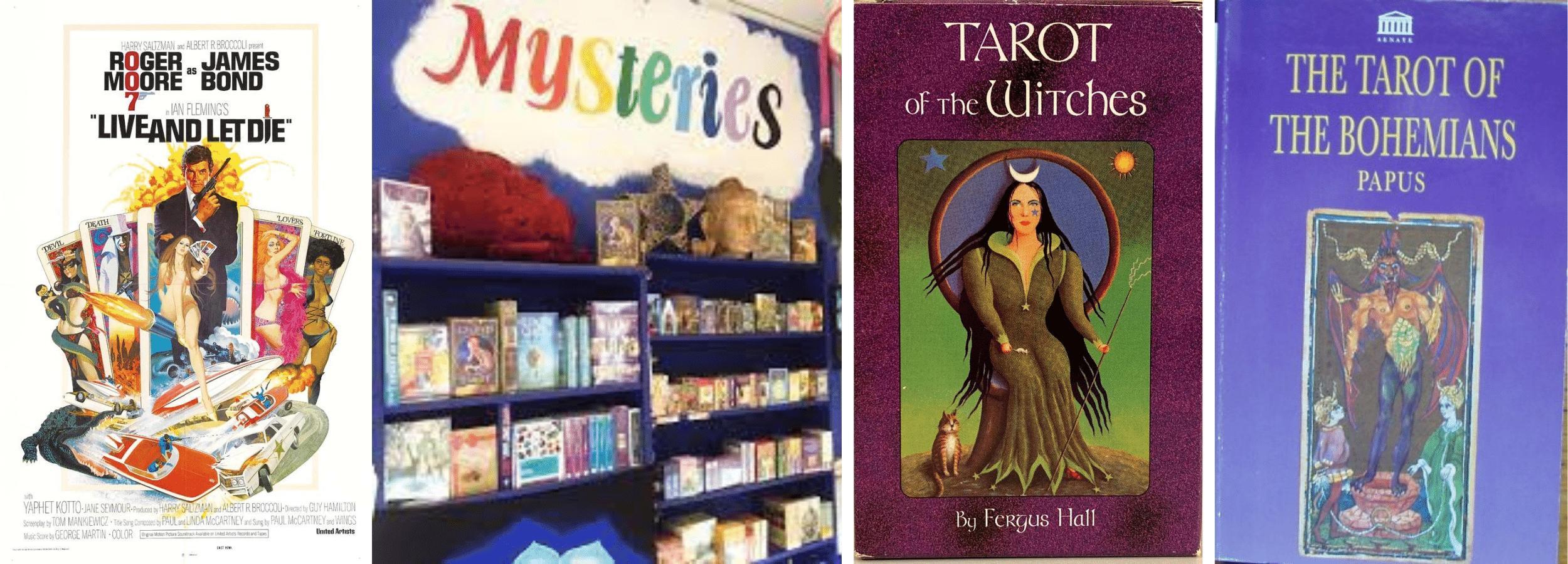
Which is your favourite?
"I'd have to say Tarot of the Witches, purely for reasons of nostalgia."
Did you read with the cards?
"I did, yes. In a naïve way. Smith's Fool fascinated me; I kept wondering what was in that little knapsack, and where he was going. Perhaps these are natural questions when you're young. I went so far as to make a little leather bag of my own and carried the Smith-Waite deck round hanging from my waist, like some medieval itinerant. At one point, I even acquired a flute… all highly embarrassing now but looking back I probably wanted to connect with what Ithell Colquhoun termed the 'unattained past', and through my youthful eyes, these gestures seemed meaningful. Anyway, I was in college then and quite popular with giving readings to my fellow classmates."
How did they react?
"With a mixture of amusement and guarded fascination. Occasionally some unrequited love would be revealed, and this probably fuelled my reputation among the female students. But at that time, tarot was not as widely known as it is today, and the cards and process held a potent otherly quality, particularly in the remote West Country."
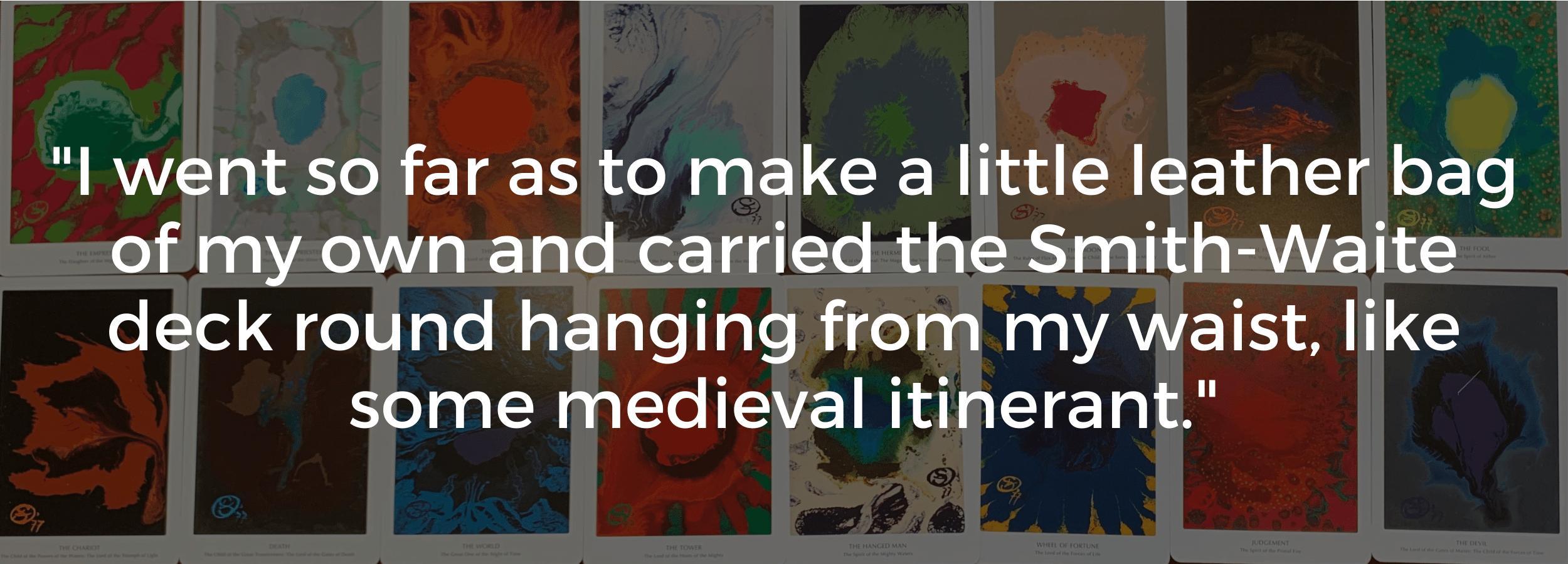
What do you love most about the tarot?
"I am still fascinated by the way tarot provides as a mediator. And I see this as taking many forms. In the first instance, between enquirer and reader, but also between the present, past and future. Perhaps too, the iconography of the tarot—we might even say, the narrative—offers us a bridge to large enduring themes in our shared history as a species: love, fear and death are ubiquitous throughout the world, and always have been. But while these themes are fixed, their arrangement through tarot is mutable. It seems to me a powerful and flexible tool."
Which tarot card most represents you, and why?
"Even after so many years, probably the Fool. For me at least, the more I learn, the less I seem to know."
Robert is a wealth of wisdom on Ithell Colquhoun. Watch our interview with him here.
Robert Shehu-Ansell spoke on The Scent of the Secret Rose: Ithell Colquhoun and the Taro at our Tarot Weekend in November2022.

